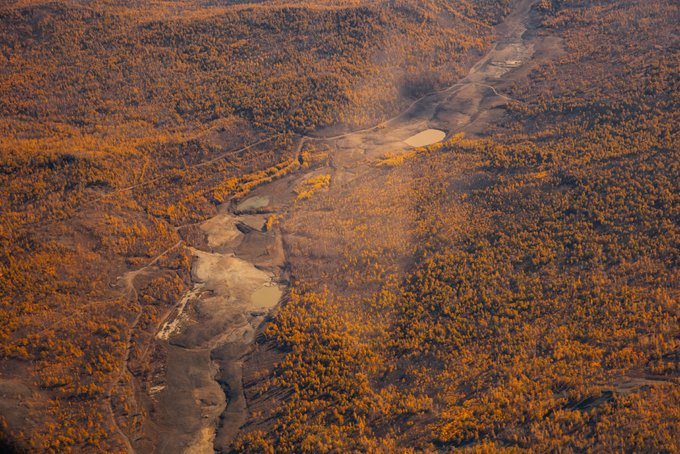Brazil Faces Environmental Crisis with Nearly 4,000 Abandoned Mining Sites, Warns Instituto Escolhas Study
A groundbreaking new study by the Instituto Escolhas has revealed alarming data about the state of the mining industry in Brazil. According to the report, 3,943 mining sites across the country show signs of abandonment, representing 11% of Brazil’s authorized mining operations. This revelation has intensified concerns about the environmental and public health risks associated with poorly regulated extractive activities.
The Scope of the Problem
The findings, released in early 2025, shed light on a critical gap in Brazil’s mining oversight and environmental policy. These nearly 4,000 abandoned mining sites span various regions, with many located in sensitive ecosystems such as the Amazon and the Cerrado. The Instituto Escolhas study warns that without proper decommissioning procedures, these sites pose significant threats to local communities and biodiversity.
Many of these operations were once legally authorized but have since ceased production, often without fulfilling environmental recovery obligations. The result: a landscape dotted with dangerous pits, polluted waterways, and degraded lands, all of which contribute to long-term ecological damage.
Environmental and Social Impact
Abandoned mining sites are often sources of contamination for soil and water. Toxic substances like mercury, arsenic, and heavy metals may leach into rivers and aquifers, impacting local agriculture, fishing, and drinking water supplies. Communities living near these sites are especially vulnerable, with increased risks of respiratory issues, skin diseases, and chronic illnesses due to environmental exposure.
Moreover, these sites contribute to deforestation and habitat fragmentation, further threatening Brazil’s rich biodiversity. In regions like the Amazon, abandoned mines can become hotspots for illegal mining and other criminal activities, exacerbating the environmental degradation and making recovery efforts even more difficult.
Institutional Response and Policy Recommendations
The Instituto Escolhas has called on federal and state governments to strengthen mining regulation in Brazil, emphasizing the urgent need for a comprehensive national registry of abandoned sites and stricter enforcement of closure and recovery protocols.
Some key recommendations from the study include:
-
Establishing a mandatory environmental bond system that ensures companies allocate funds for site rehabilitation before commencing operations.
-
Increasing transparency and public access to mining data, particularly regarding closure plans and environmental compliance.
-
Encouraging restoration programs that involve local communities and Indigenous groups in the rehabilitation of affected areas.
-
Promoting technological innovation and environmental monitoring to detect early signs of abandonment and intervene proactively.
Toward Sustainable Mining Practices
Brazil is one of the world’s largest producers of iron ore, gold, and other critical minerals. While the mining sector is a significant contributor to the national economy, the environmental cost of poor oversight is mounting. With nearly 4,000 abandoned mining sites now identified, the time is ripe for a paradigm shift toward sustainable and responsible mining practices.
The Instituto Escolhas study serves as a wake-up call for policymakers, industry leaders, and civil society. Addressing the legacy of abandoned mines will require coordinated action, robust regulation, and a long-term vision for environmental stewardship.

